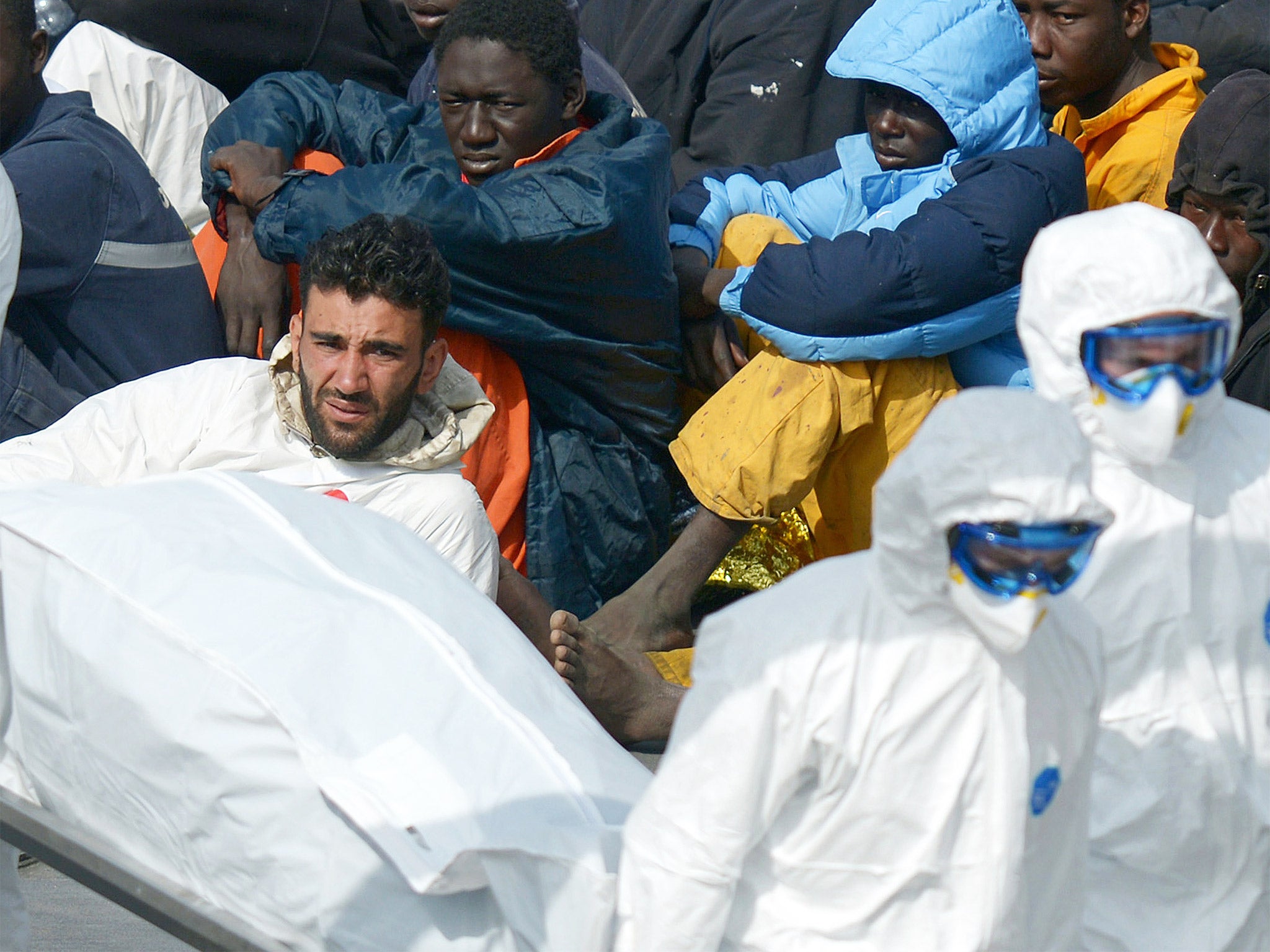Libya's criminals are undermining the attempts to prop up a collapsing state
It's not just people-smuggling rackets, but also black markets in weapons, drugs and any other goods that need to avoid government supervision and taxation


Libya is replacing Sicily as the main focus for organised crime in the central Mediterranean area. The world has become conscious of people-smuggling from Libya and its appalling consequences, but other criminal rackets operating in the country include black market trading in weapons, heroin and cocaine, pharmaceuticals and any goods that need to avoid government supervision and taxation.
After the overthrow of Colonel Muammar Gaddafi in 2011 by a popular rebellion backed by Nato, the Libyan state collapsed and has never been replaced. There are two rival governments based in Tripoli and Tobruk, but political and military power is fragmented within this vast country, the 17th largest in the world though its population only numbers 6.5 million.
Libyan militias battle for political power and their differences are often ascribed to tribal, religious or geographical loyalties exacerbated by proxy conflicts reflecting the aims of foreign backers. But Mark Shaw and Fiona Mangan, authors of Illicit Trafficking and Libya’s Transition, issued by the United States Institute of Peace, emphasise how organised crime and illegal trafficking is undermining efforts to stop the further disintegration of the state. They say that heavily armed militias protect their interests by making sure that central government authority is not restored because profits “from trafficking and smuggling empowers them”. They add that a detailed review of the country’s emerging criminal economy shows that it is a primary factor in preventing the restoration of order. Different forms of criminal activity are becoming inter-connected. Mr Shaw and Ms Mangan say that “migrant smuggling is increasingly connected to drug trafficking – some West Africans pay for their transport by carrying small quantities of drugs, including both heroin and cocaine”.
Libya’s immensely long frontiers in the Sahara were never well-guarded under Gaddafi and there were long-established smuggling routes by which migrant labourers from countries like the Gambia, Senegal, Mali, Nigeria, Sudan, Somalia and Eritrea moved north. But under Gaddafi there were plenty of jobs available in Libya for migrants. Libyans today often work as drivers and guides. Immigrants work in Tripoli or other cities to earn money to pay for the next stage in what they hope is their journey to Europe.
The UN is seeking to negotiate the formation of a unity government made up of the administrations in Tripoli and Tobruk in talks in Skhiat in Morocco. Bernardino León, Special Representative of the UN Secretary-General, says that these talks have been “80 per cent” successful. But the stalemate on the ground in Libya is likely to continue while the remaining state institutions like the National Oil Company and the Central Bank are in danger of collapse. Oil output is down to 600,000 barrels a day, less than half what it was under Gaddafi, with the governments in Tripoli and Tobruk each controlling about half of it.
The Central Bank continues to pay the salaries of all state employees including the militiamen on both sides. The Tobruk government of Prime Minister Abdullah Al-Thinni has been trying to persuade oil companies to pay for oil directly and to bypass the Central Bank in Tripoli. He has not so far succeeded in doing so, but the oil industry, and the supply of basic food, electricity and fuel is becoming more and more uncertain.
The outside world cannot do much to restore the central state in Libya except to try to foster an agreement between the two rival governments through the UN-sponsored negotiations in Morocco. The US and the West Europeans could also seek to press regional players such as United Arab Emirates, Qatar, Turkey, Chad, Sudan and Egypt to press their local proxies to come to an agreement. As Libya slides closer to an economic abyss, outside powers need to protect from collapse the National Oil Company, the Central Bank and the Libyan Investment Authority which continue to provide the means through which Libyans survive.

Join our commenting forum
Join thought-provoking conversations, follow other Independent readers and see their replies